Colin Burke, Colin
B. Burke
Papers and Documents on Codebreaking, Information History, College History, History of Communism
This page links to the full text of papers too long for regular publication,
‘working papers’, those whose combination of topics made regular publication too difficult,
and files for the Information and Intrigue volumes.
The items touch on the following subjects: Ultra, Battle of the Atlantic, U-boats, OSS,
COI, codebreaking, Elizebeth Friedman, Agnes Driscoll, OP-20-G, Bombes,
Shark, Grombach, The Pond, Bellmore, Reseda, Coast Guard,
the Concilium, Information History, Information and Intrigue, FBI, CIA, Candela, Soviet Cipher,
Tibor Eckhardt, Black-bag-job, antebellum colleges, census data, American Collegiate Populations,
Lewis Madison Terman, Intelligence Tests, IQ, Stanford University, Army Alpha, College Admissions
General George C. Marshall, Thomas E. Dewey, election of 1944, Carter Clarke, Lisbon, OSS, Japanese Attaché Code, JMA, Pearl Harbor, Purple, J-19, Magic, It Wasn't All Magic
, computer history, History of Communism, red destinies , Harol Ware, Ella Bloor, Noel Field, William Hinton
All items except NSA releases are: Copyright Colin B. Burke

“What OSS Black Chamber…”
New evidence from NARA records indicates that an attempt to establish
an Office of Strategic Services (OSS) “Black Chamber” in 1941-2 was unsuccessful and that rather incongruous
connections with Elizebeth Freidman (and with a man who became one of the OSS’ most influential enemies,
as well as the head of the secret Pond intelligence agency) shaped its history.
The documents also throw new light on the relations between the OSS and Herbert Yardley,
Rosario Candela, Ruth Wilson, and other cryptologists.
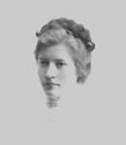
"Agnes Meyer Driscoll vs. the Enigma and the Bombe"
Documents in Britain’s National Archives/Public Record Office
and in the U.S. National Archive’s Record Groups RG457 and RG38 indicate
that in mid-1941 the United States Navy’s codebreaking organization, OP-20-G,
ignored an opportunity to gain full knowledge of Britain’s anti-Enigma methods and machines.
Spending a year and one-half working on what it felt was a unique and much more effective
method–- but one that failed--OP-20-G’s staff, at a critical time in U.S.-British relations,
did not inform America’s decision makers of Britain’s willingness to share its crypto-secrets.
As a result, American leaders believed that England’s GC&CS had deliberately withheld
vital information that would have allowed the development of an independent American attack
on Naval Enigma. That belief lasted throughout the war and caused friction between the two
nations. Other consequences of OP-20-G’s mid-1941 decision were to delay the adoption
of the British Bombe and its allied methods and to waste perhaps six months of the vital time
of the new team of cryptanalysts and engineers assigned, in early 1942, to develop an
American Bombe.
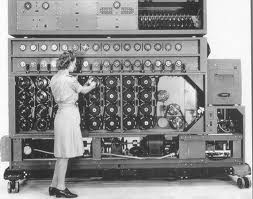
"Raising the Intelligence Bar Far, Far Too High"
This article, based on new analyses of primary documents and data,
demonstrates that in one critical episode, the Americans' code-breaking Battle of the Atlantic,
there was a great overestimation of the influence of codebreaking. The histories of the
American Navy’s World War II Atlantic crypto-accomplishments have unintentionally
raised the intelligence ‘achievement bar’ far, far too high. Admittedly, there were then
few people and resources, but not as much was accomplished as commonly thought-—there could not
have been. Successful intelligence gathering then, as well as now, was a tough, on-going,
and resource-hungry activity and there have never been overnight miracles. The inherited views
of the building of the American Bombes and of the military consequences of reading the U-boat
Shark messages during World War II are examples of unintended myth-making.

"Grombach and the Pond's Last Hurrah,
the Theft of Soviet Ciphers, 1954 "
A recent FBI FOIA release on 1954's proposed theft of
Soviet cipher materials throws more light on the career of John V. Grombach and the
CIA related activities of his Pond espionage organization during the Cold War.
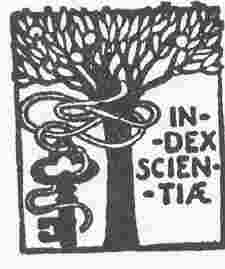
"Information and Intrigue, Acknowledgements"
Only a few of those who have helped me so much with research
on information history over the last two decades can be recognized. All others,
please forgive me.
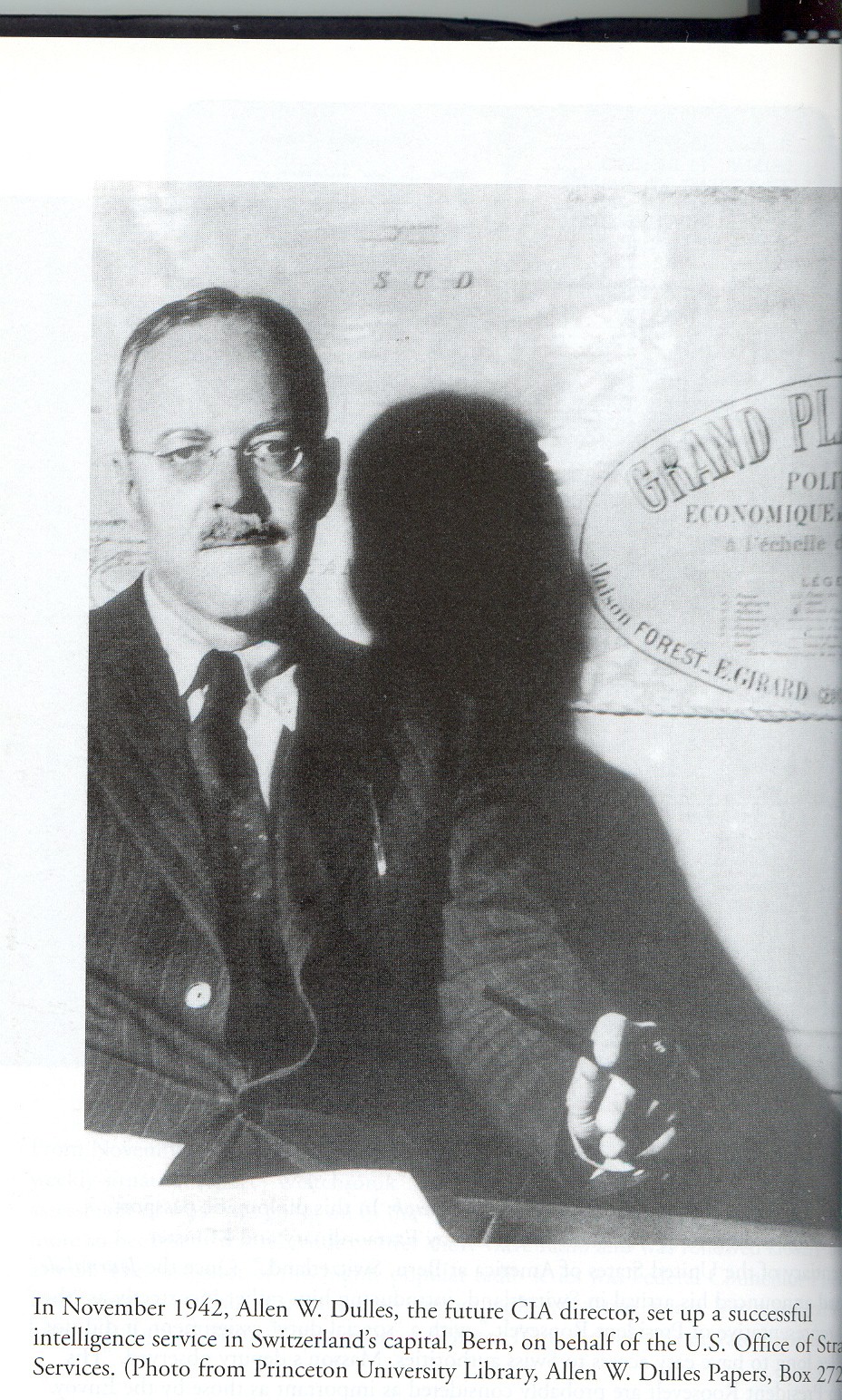
"Information and Intrigue, Illustrative Bibliography"
During this study many hundreds of books and articles were surveyed,
too many to list. This ongoing sample bibliography of secondary works presents some of the more
interesting publicly available items. The list is constantly being edited and modified.
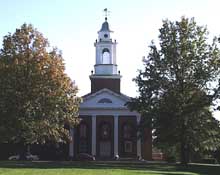
"The Number of Antebellum Colleges, More Evidence"
A recent discovery of long overlooked U.S. Census series on
the number of colleges in the United States, 1840-1860, suggests that the estimates in the
book American Collegiate Populations remain viable but that new explorations may prove worthwhile.
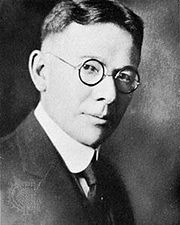
"Intelligence Tests, Colleges and the Nation,
WWI to WWII, A Quantitative Look"
. Another examination of the results of intelligence tests
for college admissions, and for the American Army’s recruits, from the era of WWI
to the Korean War and beyond gives a more varied and detailed picture of the American
college student.
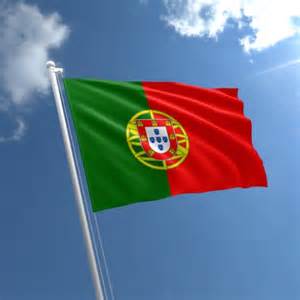
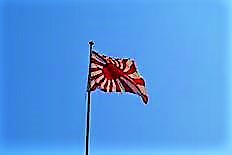
“New Twists on Old Tales, Crypto Triumphs and Political Meddling:
Japanese Codes and the Election of 1944
”
New evidence from NARA collections of OSS and NSA documents indicates that General George C.
Marshall’s attempt during the 1944 election campaign to convince Thomas E. Dewey to avoid mentioning the United States’
ability to read Japan’s most important codes since the late 1930s was a more complex
and perhaps politically charged event than even the skilled historian David Alvarez realized. Critical to Marshall’s argument
was that the Allies’ ability to read the important Japanese Military Attaché code (JMA) had been blocked for a critical
year as the result of an inept break-in of the Japanese legation in Lisbon, Portugal by the heavy-handed agents
of America’s Office of Strategic Services during the summer of 1943. Marshall used the Lisbon story to convince Dewey
that any mention of Allied codebreaking in 1944 would lead Japan to change all its codes. Marshall’s Lisbon tale was
incorrect and his own advisors who knew the true story, such as Carter Clarke, did not step forward in 1944, or later,
to correct the error, perhaps because of a combination of patriotism, dislike of the OSS, and politics.

“Proof Read Version of NSA's "It Wasn't All Magic..."
This September 2021 proof-edited, non-NSA authorized, version of the work is a proof-read type correction of the book declassified and placed on the web by the NSA some years ago. This author has made no changes to the substance of the work, only "typos"and some style mishaps were corrected. Pictures not included and another viewer added an index and a short bibliography.

“Red Destinies " From Harvard Square to Stalin’s and Mao’s Dungeons to the Weatherman, American Communist Biographies "
This work traces the lives of four high-status Cambridge, Massachusetts families, the Clarks, Cannons, Hintons and Fields as they become involved with radicals and radical causes in America, Spain, France, Switzerland, Russia, and China from the 1930s to the 1990s.
“Chapter 1 " Walter Cannon, Liberals vs. Communists in Boston and the Nation, The Refugee Battles, The Unitarians, the Fields "
“Chapter 2 " More Unitarian Problems in Boston and France, Connections to Cambridge’s and New York’s Radicals, Enter Noel Field "
“Chapter 3 " Unitarian Liberals Meet the Fart Left, Noel and the OSS and the Communists ……… "
“Chapter 4 " Old Enemies Return, Noel and the Unitarian’s New Troubles, Hermann’s New Life……… "
“Chapter 5 " Jean Clark and Sali Lieberman, From Much More Than Fellow Travelers in Hollywood to Almost Red In Mill Valley "
“Chapter 6 " Margot and Susan Clark , and Many, Many Comrades in a Party Trying and Lying to Look American "
“Chapter 7 " Susan Clark and the Influential and Famous "
“Chapter 8 " Susan Clark’s Friends Ella Bloor and Harold Ware and the Soviet and American Farm Problems "
“Chapter 9 " Post-Third Period Lives of Ware’s Farm Group and His Washington Cell "
“Chapter 10 " To the Last Pure Communists Standing in San Francisco, Joy Clark’s Life for the Cause, Joe Figueiredo’s Long, Long Cold War, and Poor John Ballum "
“Chapter 11 " While Susan Clark Dealt With the Famous, Margot Clark and Her Party Friends Such as
Martha Fletcher Faced Strange Destinies More Strange Red Destinies "
“Chapter 12 " More Strange Red Destinies "
“Chapter 13 "The Hintons, Silvermaster, and Putney "
“Chapter 14 " The “Atomic” Joan Hinton, a China Life, and Ann Tompkins of Sausalito and Beijing "
“Chapter 15 " The Tompkins, Engsts, and Hintons’ China Friends, Victims of the Cultural Revolution, Survivors in Post Mao China "
“Chapter 16 " William Hinton: From Idealist to an Ideologue Who Could See Only Red "
“Chapter 17 " William Hinton, Leibel Bergman, A New Communism, A New Party, Newer China Hands "
“Chapter 18 " Poor Noel, It Was Liberals, Not the Right, Who Did It to Him "
“Chapter 19 " Creating Fear In Europe and America, There Were Some American Spies, Where is Noel Field ? "
“Chapter 20 " Hermann, Erica, Elsie: Becoming Genteel Liberals "
“Chapter 21 " What the Reds Did With and to Noel Field, A Devoted Romantic Comrade to the Very Last "












